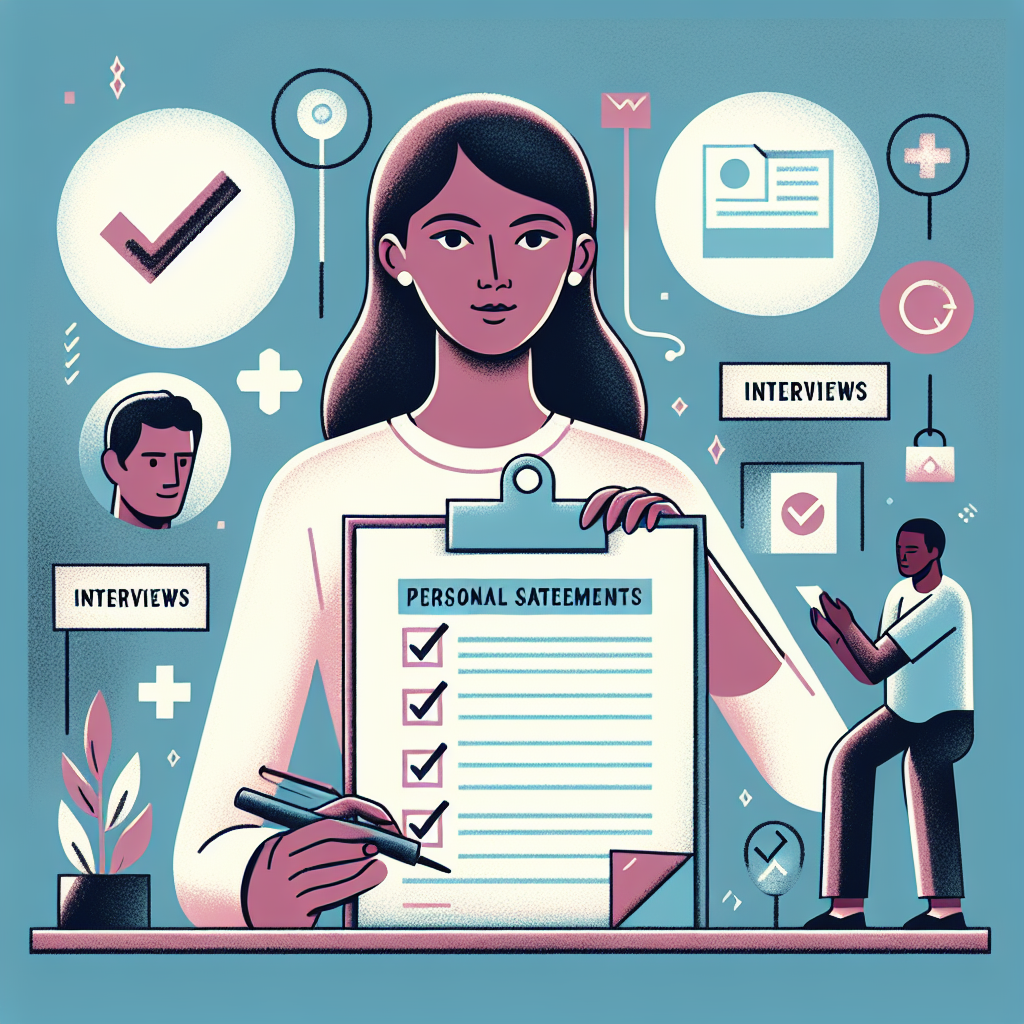Navigating the residency application process can be daunting. With competition fierce and stakes high, aspiring physicians must ensure that every aspect of their application shines. This guide delves into common pitfalls from personal statements to interviews, offering actionable tips to elevate your application and present the best version of yourself.
Understanding the Residency Application Journey
Before diving into specific mistakes to avoid, it’s crucial to understand the components of the residency application. Generally, this includes:
- Personal Statement
- Letters of Recommendation
- Curriculum Vitae (CV)
- USMLE Scores
- Interviews
Each element plays a vital role in crafting a compelling application, and overlooking even minor details can make a significant impact.
Personal Statement Pitfalls
1. Generic Content
One of the most common mistakes in personal statements is the use of generic language or clichés. Admissions committees are looking for authentic narratives that reflect your unique journey. Instead of stating, “I’ve always wanted to be a doctor,” explain why you’re drawn to medicine. Share specific experiences that shaped your decision, making your narrative relatable and memorable.
2. Neglecting Structure
A well-organized personal statement guides the reader smoothly through your thoughts. Avoid presenting a jumbled set of ideas. Start with a compelling introduction, followed by a logical progression of your experiences and aspirations, and conclude with a strong finish. Consider using headings or bullet points for clarity where needed.
3. Ignoring the Audience
Remember that your audience is composed of experienced medical professionals. Avoid overly technical language. Instead, strive for a balance between medical terminology and accessible language. This ensures that your narrative resonates with a broad audience while showcasing your understanding of the field.
Letters of Recommendation Mistakes
4. Choosing the Wrong Recommenders
Selecting the right individuals to write your letters of recommendation is crucial. Avoid asking people who don’t know you well or who cannot provide specific insights into your competencies. Instead, opt for mentors or supervisors who can articulate your strengths with concrete examples.
5. Failing to Provide Context
Provide your recommenders with essential context, such as specific qualities you wish to highlight or anecdotes that would strengthen your application. This proactive approach ensures that their letters align with your goals and portray you in the best light.
Crafting Your CV Effectively
6. Ignoring Format and Design
Your CV is a reflection of your professionalism. Avoid cluttered layouts or excessive embellishments. Instead, focus on a clean and concise format that emphasizes your achievements, such as research experiences, publications, and volunteer work. Use bullet points for easy readability.
7. Including Irrelevant Information
While it’s essential to showcase your breadth of experience, avoid overloading your CV with irrelevant details. Focus on experiences that align with the residency programs you’re applying to. Tailoring this information can significantly enhance the strength of your application.
Mastering the Interview Process
8. Inadequate Preparation
Walking into an interview without sufficient preparation can be detrimental. Avoid the mistake of thinking that your knowledge of medicine alone will suffice. Research the programs you’re interviewing with, anticipate common interview questions, and prepare thoughtful questions to ask your interviewers.
9. Lack of Self-Awareness
Interviews are not just about qualifications; they’re also about you as a person. Avoid being overly rehearsed. Instead, speak genuinely about your experiences, motivations, and aspirations. Self-awareness allows you to articulate how your journey has shaped you as a candidate.
10. Neglecting Follow-Up Etiquette
Finally, don’t underestimate the importance of follow-up. After interviews, send personalized thank-you notes to your interviewers. This not only demonstrates your professionalism but also reinforces your interest in the program.
Final Thoughts
The journey to securing a residency position is filled with challenges, but awareness of common mistakes can significantly improve your application’s effectiveness. Remember, a compelling application is more than just a checklist; it’s an authentic reflection of who you are as an individual and a future physician. By avoiding these pitfalls, you can present a cohesive, passionate, and well-rounded application that captures the attention of selection committees.
Stay focused, be yourself, and let your passion for medicine shine through in every aspect of your application. Good luck!


